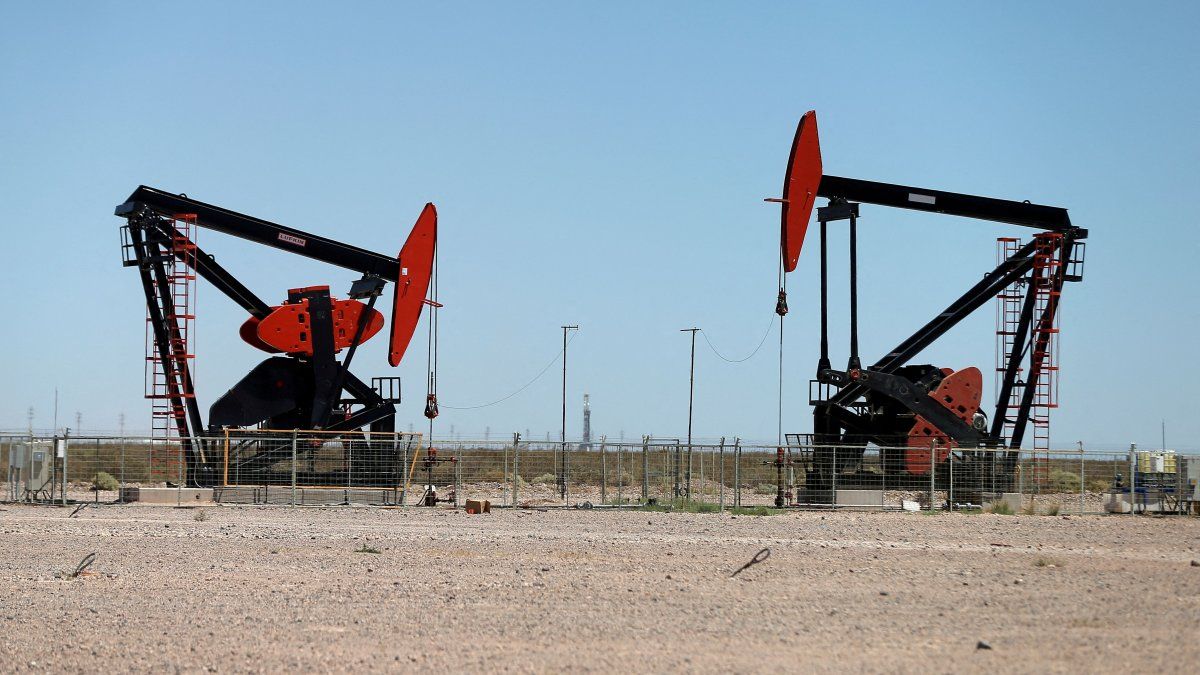All diplomatic efforts failed to avert an invasion. Russia has attacked its sovereign neighbor. For days, the situation in Ukraine was getting worse and worse.
Diplomacy has failed: For a long time, various talk formats were used to prevent Moscow from invading Ukraine.
With the invasion of its neighboring country, Russia has now created facts. For years, Kremlin-backed separatists have fought Ukrainian government forces in eastern Ukraine. A review:
February 15: During his meeting with Russian President Vladimir Putin in Moscow, Chancellor Olaf Scholz again threatens far-reaching consequences if military action is taken against Ukraine. The Russian parliament (State Duma) is now calling on Putin to recognize the Ukrainian separatist areas as independent so-called people’s republics.
February 16: NATO defense ministers approve preparations for sending more combat troops to the alliance’s eastern territory. In addition to the previous associations in Estonia, Lithuania, Latvia and Poland, they could be stationed in Eastern and Southeastern Europe.
February 17: US President Joe Biden warns of a Russian invasion “in the next few days” that the risk is “very high”. According to Western sources, Moscow has gathered about 150,000 soldiers on the border with Ukraine.
February 18: Moscow-loyal separatists in eastern Ukraine urge civilians to flee to neighboring Russia.
February 19: The federal government “urgently” calls on all Germans to leave Ukraine. Other countries are doing the same. Moscow is testing nuclear-capable missiles.
February 20: With appeals and threats of sanctions, leading Western politicians at the Munich Security Conference sharply warn the Kremlin of an attack.
February 21: Putin recognizes the self-proclaimed People’s Republics of Luhansk and Donetsk as independent states, and the State Duma agrees the following day. Russian soldiers are to be sent to the eastern Ukrainian separatist areas. The West accuses the Kremlin chief of violating international law.
February 22: The 27 EU members agree on punitive measures that primarily target the Russian financial sector. Berlin is putting the Nord Stream 2 Baltic Sea gas pipeline on hold for an indefinite period. The US government is also announcing new sanctions against Moscow.
February 23: Ukraine is preparing for war: President Volodymyr Zelenskyj announces the partial mobilization of reservists, a state of emergency is declared for 30 days. The separatist leaders in eastern Ukraine are asking the Kremlin for military aid.
February 24: Russian tanks advance into the former Soviet republic, there are air raids across the country. Selenskyj declares a state of war and orders general mobilization. NATO activates defense plans for Eastern Europe, but continues to rule out military support for Ukraine.
February 25: The Russian army advances to the capital Kiev. Moscow welcomes Zelenskyy’s offer to negotiate neutral status for Ukraine. A resolution directed against Russia fails in the UN Security Council. As expected, Moscow vetoed, China abstained.
February 26 Battle for Kiev and other cities is in full swing. According to the UN, several hundred thousand people are fleeing within the country. About 100,000 Ukrainians have already reached Poland. Germany is making a U-turn and is now supplying weapons from the Bundeswehr stocks to Ukraine. Germany also joins the decision of its Western allies to ban Russian financial institutions from the banking communications network Swift – a further escalation of sanctions, alongside measures against the Russian central bank.
February 27: As fighting continues in Ukraine, the Bundestag meets in a historic special session. Chancellor Scholz announces an upgrade of the Bundeswehr: a one-time special fund of 100 billion euros and a permanent two percent of economic output for defense spending. More than 100,000 people demonstrate against the war in Berlin. Putin reacts to the measures taken by the West and puts the nuclear power’s deterrent weapons on standby. A meeting of Russian and Ukrainian delegations is to take place on the border with Belarus.
Source: Stern
David William is a talented author who has made a name for himself in the world of writing. He is a professional author who writes on a wide range of topics, from general interest to opinion news. David is currently working as a writer at 24 hours worlds where he brings his unique perspective and in-depth research to his articles, making them both informative and engaging.




